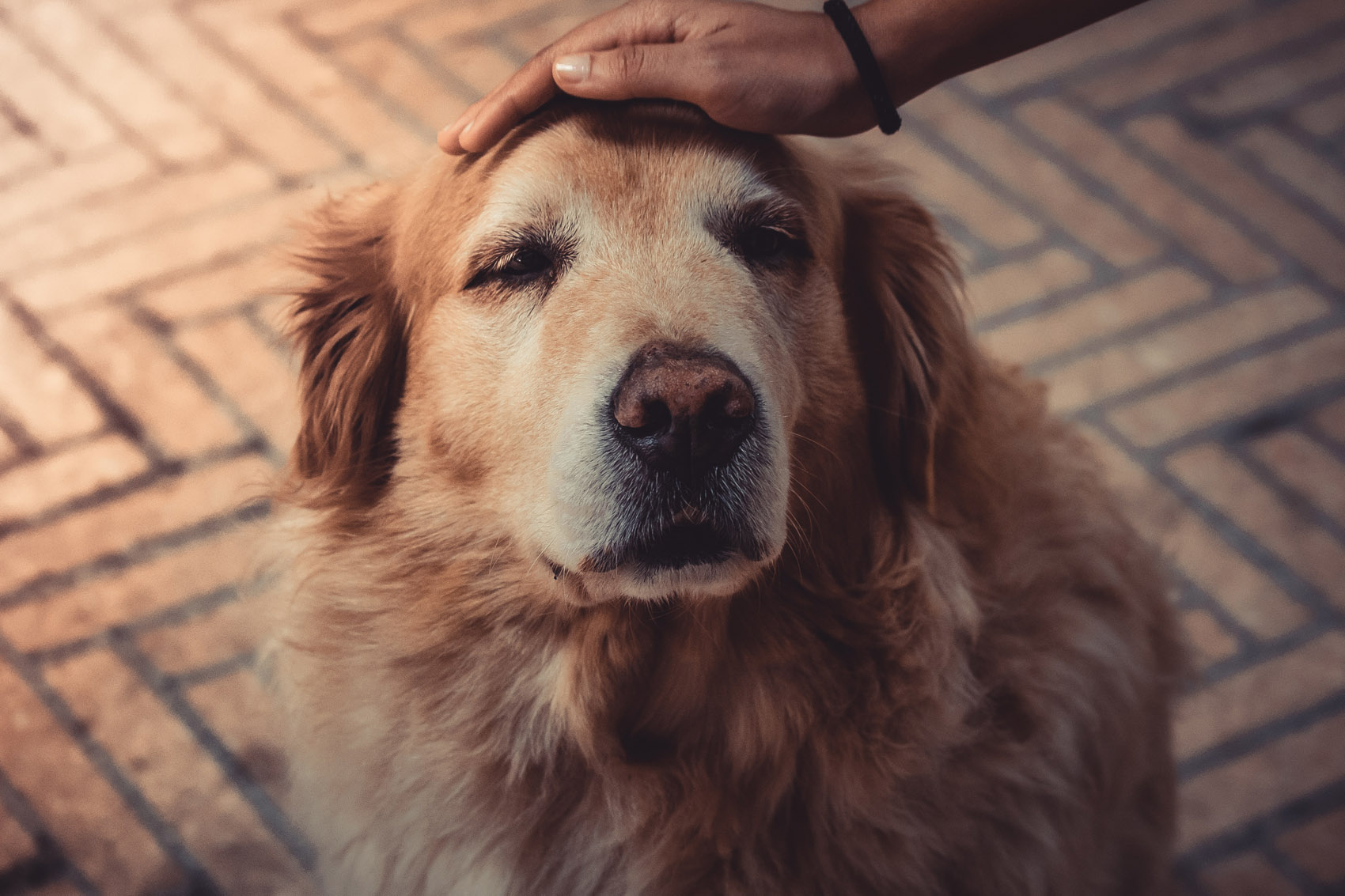
Enjoying Winter Walks with Your Older Dog
Dog walks help us to avoid seasonal depression.
When our dogs are young, they love nothing more than a long walk and care very little about the weather. Particularly energetic dogs love running around in the mud, and even on cold, wet days will run ahead to explore, and keep you on your toes. For most of us, these winter dog walks help us to avoid seasonal depression, winter weight gain and isolation. They might be the only exercise that you get over the cooler months, and in the past, you’ve probably been grateful for them.
But, as our dogs start to get older, long walks can become more tiresome, and especially difficult if it’s cold, wet or icy. You might have noticed your joints starting to stiffen in colder weather, so it’s not surprising that a senior dog might find it difficult too.
But, walks are still important. They keep you and your pet fit and healthy. Walks help to reduce inflammation and stiffness, and they are a great chance to get some fresh air and a break from the stresses of your usual life. The good news is, with some extra care and attention, even an older pet can enjoy getting outdoors in the winter months. Here’s how.
Keep Them Warm

Older dogs might find it hard to keep warm. They move more slowly, and so circulation can suffer. As a young dog, they might have been fine out in the cold for long periods. But now they are getting older, and slower, they may need a coat, and you might want to stay a little closer to home or the car so that you can get them back into the warmth easily if you need to.
Take it Slow
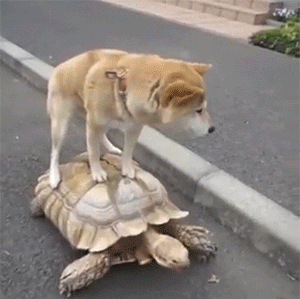
Older dogs often still enjoy walking, but they are less likely to enjoy running and might be more reluctant to go off on their own. So, let them set the pace, don’t try to rush them, and stay close if they seem unsure.
Listen to Them
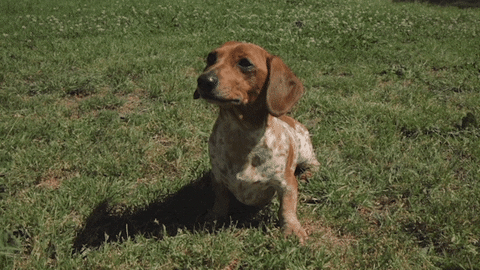
More senior dogs might not enjoy very long walks. Or, you might find that while some days they still happily walk for miles, on other occasions when they are feeling stiff and sore, they just don’t want to go as far. Your dog will let you know when they have had enough, so trust your instincts, read the signs they give you, and take them home when they are ready.
Make Changes to Their Diet
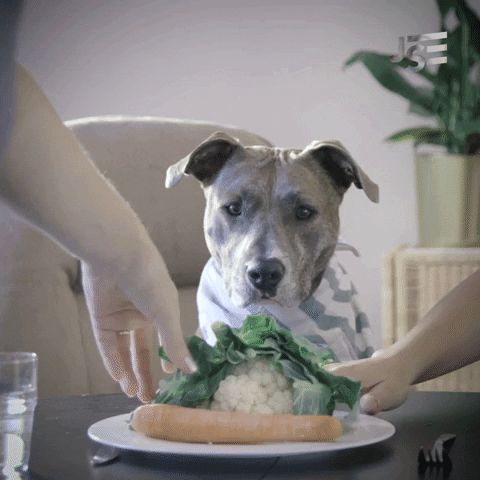
Just like humans, what dogs eat has a significant impact on their health and fitness. Older dogs can find it harder to digest some foods, while others can aid joint health. Speak to your vet about the best diet for your specific dog and consider introducing joint tablets for dogs into their life.
Supplements can also be useful if your dog is starting to move more slowly or seems to be finding big movements harder. If you are looking to support an older pet with a supplement, you can find a range here. YuMOVE offer joint support for more senior and stiff dogs. These joint tablets for dogs may make walks more comfortable, helping dogs which may be starting to feel a little stiffness, which can be even more important in the wintertime.
Protect Their Feet
If your dog has particularly sensitive feet, or it’s very icy or snowy, you might want to put some winter boots or paw wax on for them, to keep their feet warm and comfortable, and offer added grip.
Trim Their Hair
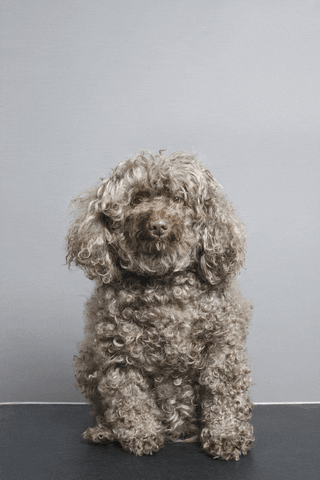
You won’t want to shave your dog too dramatically, as they need their fur to keep them warm. But, long, unkempt fur has its problems. When walking in snow and ice, salt crystals, snow and the chemicals on the roads can get stuck in long hair. This can make them colder and even lead to burns. Keeping their hair neat and tidy by regular grooming helps to reduce the risk.
Dry Them Off

As soon as you get home, or into your car, spend some time drying your dog. Try to avoid baths, unless they are particularly dirty, as these mean that they are wet for longer, and it can strip their coat of essential oils. Dry them off with a light towel as soon as you can, to bring their body temperature back to normal.
Hydrate
Hydration might seem like a summer problem, but when it’s cold, and your dog is working harder to keep warm, they can need rehydrating more than ever. Offer a big drink after a long walk to help them to refuel.
The best advice is perhaps to trust your instincts. You know your dog, you know what is right and what isn’t, and you know what they can handle. Remember, even short walks are beneficial. Take these tips on board to ensure you can enjoy walks with your dog throughout the winter months.











